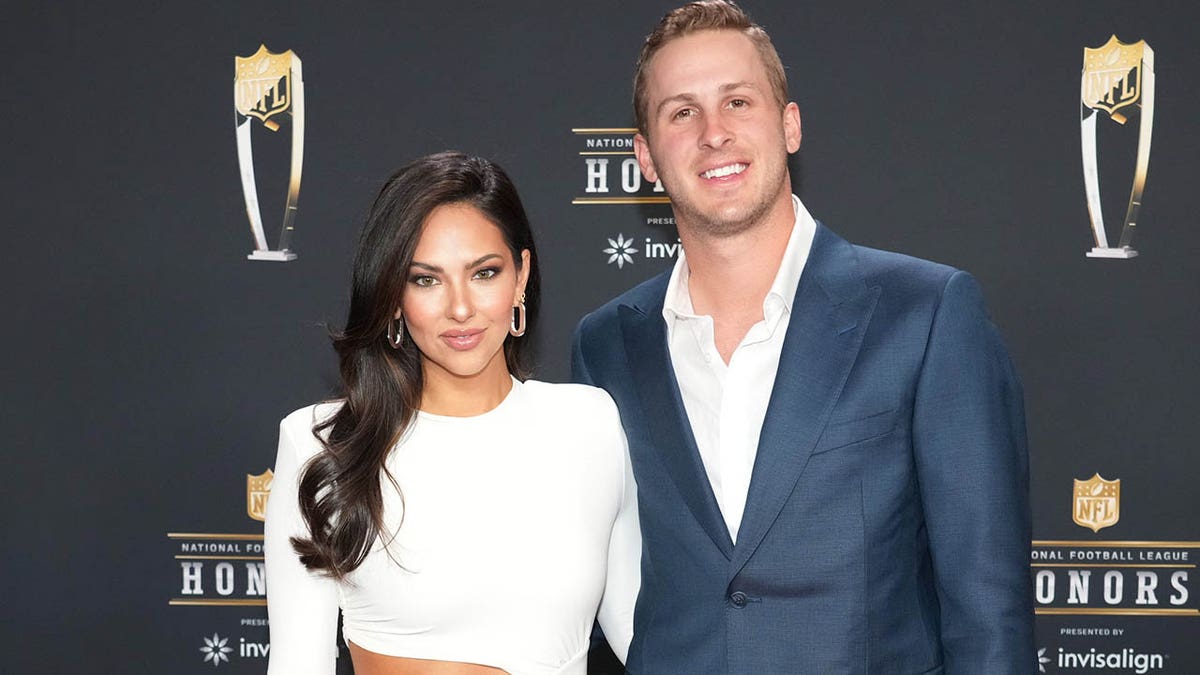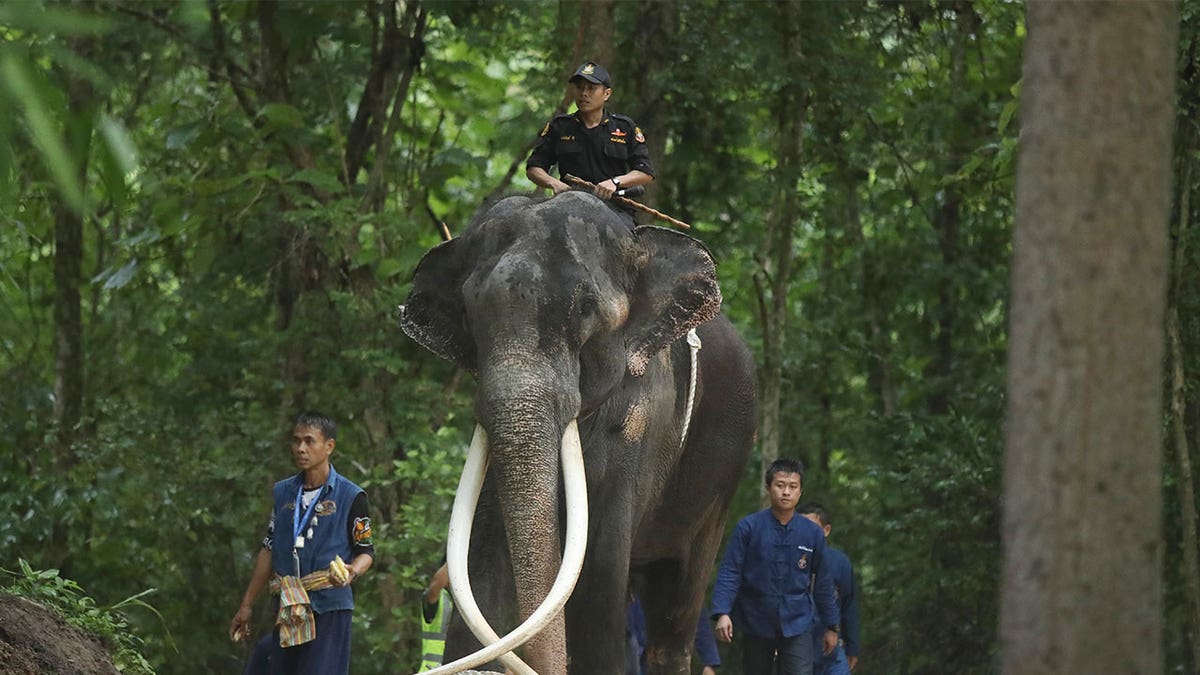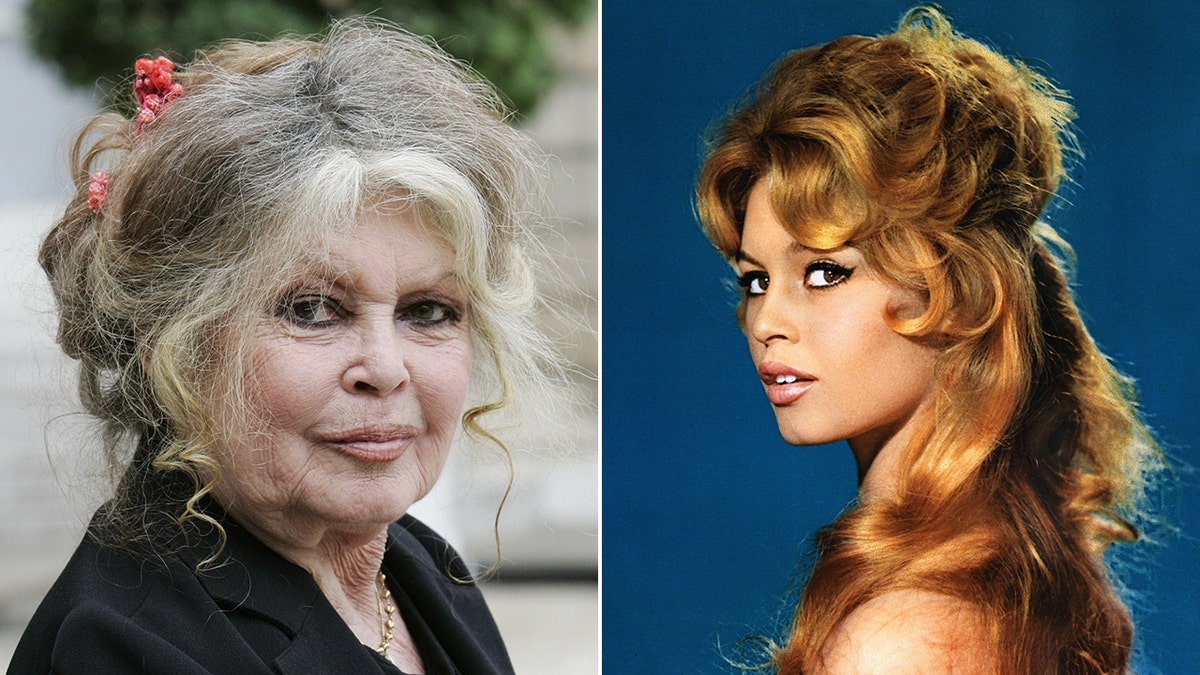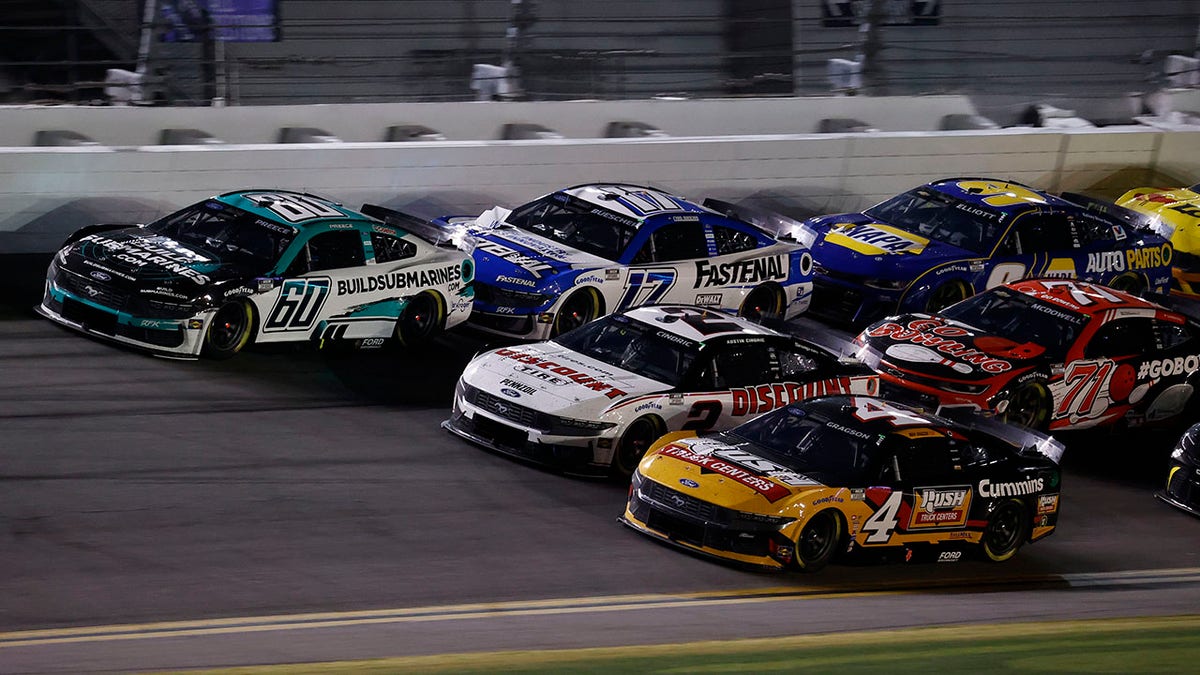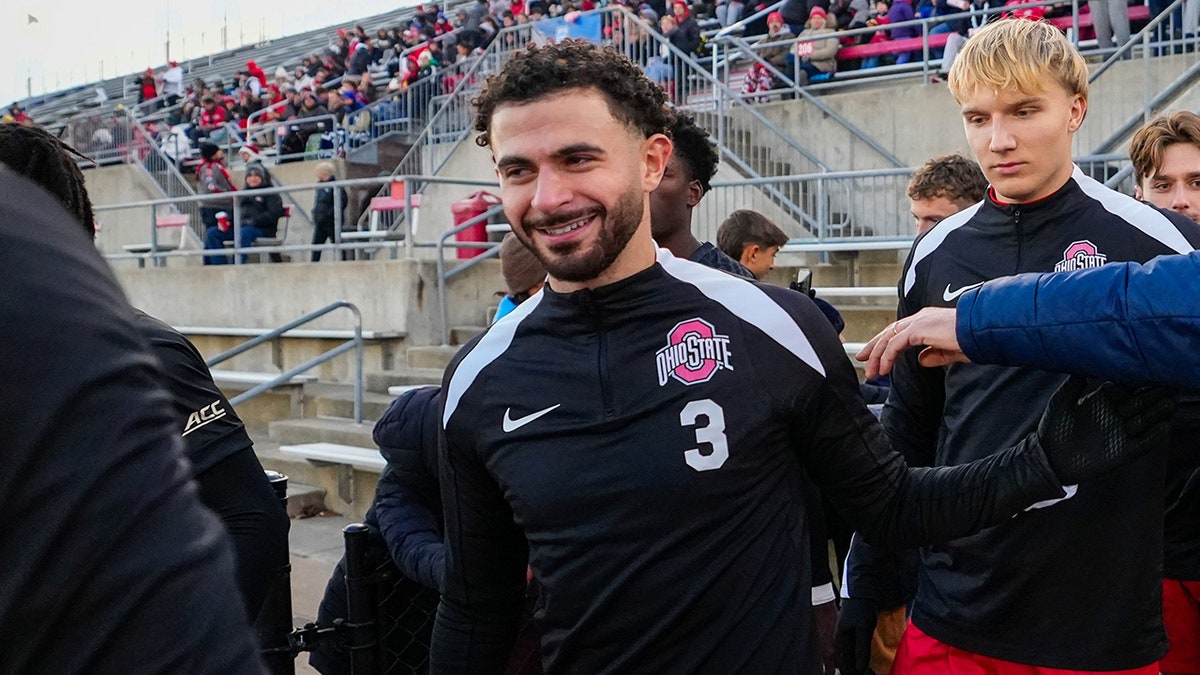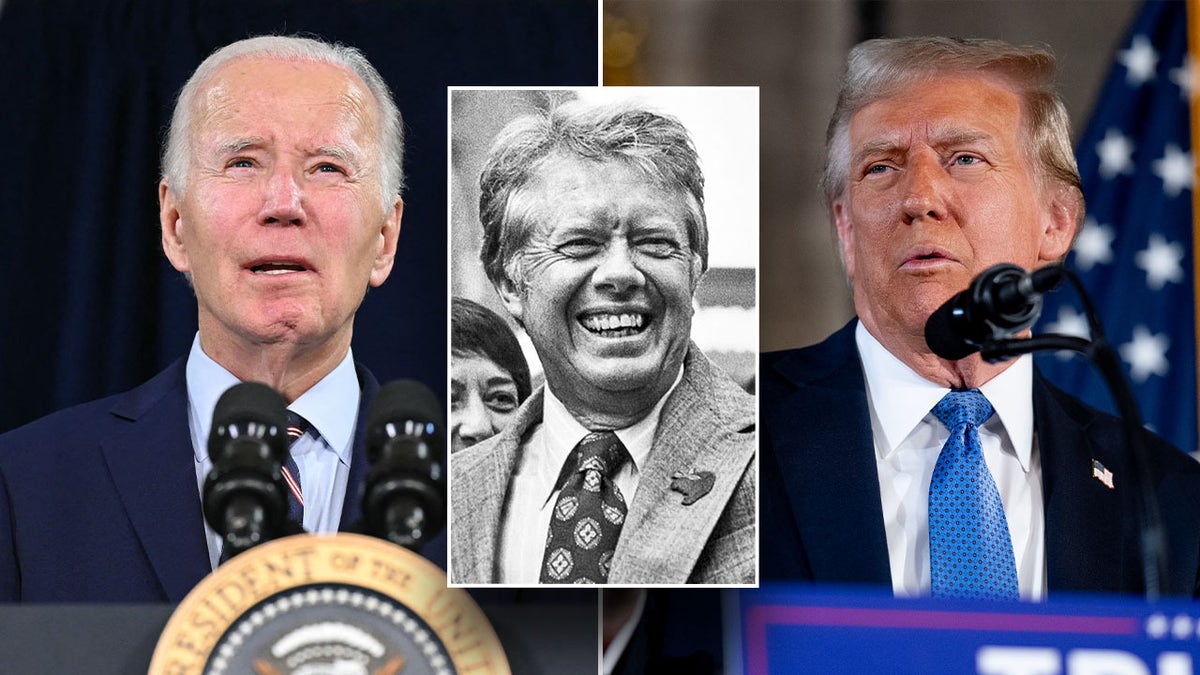President Biden's recent gaffes, including a baffling "God Save the Queen" remark at a gun control summit, have intensified concerns about his fitness for office, especially as he seeks re-election. This has thrown the Democratic party into a state of unease, evident in several key indicators.
The Democratic National Committee (DNC) has launched a full-scale media offensive against Robert F. Kennedy Jr., a long-shot challenger for the Democratic nomination. Major media outlets have published a barrage of negative articles, portraying Kennedy as a conspiracy theorist, a conservative in disguise, and even associating him with white supremacists. This coordinated attack underscores the Democrats' worry over Kennedy's rising poll numbers, consistently capturing 15-20% of likely Democrat primary voters.
Kennedy's success, fueled by his famous name and public skepticism about the COVID vaccine and the Ukraine war, poses a real threat to Biden. The DNC's strategic reshuffling of the primary schedule to favor South Carolina, a state that bolstered Biden's 2020 campaign, may backfire as both Iowa and New Hampshire, where Biden performed poorly in 2020, have rejected the new order. This could hand Kennedy early victories and further weaken Biden's standing.
Adding to the Democrats' woes is the potential emergence of California Governor Gavin Newsom as another challenger. Newsom's recent media appearances, including an interview on Sean Hannity's Fox News show, and his public feud with Florida Governor Ron DeSantis suggest he's positioning himself for a presidential run should Biden falter.
The Democrats' aggressive opposition to No Labels, a centrist group aiming to field a moderate bipartisan ticket, reveals their fear of a third-party challenge. They believe a No Labels ticket, potentially featuring figures like Joe Manchin and Nikki Haley, would draw votes away from Biden and benefit Trump. This concern highlights their lack of confidence in Biden's appeal.
Former President Obama's recent re-emergence onto the political scene further underscores the Democrats' anxiety. Obama has publicly criticized Republican candidates Tim Scott and Nikki Haley for their optimistic portrayals of race relations in the U.S., favoring the Democrat narrative of victimhood. His upcoming CNN interview on "the state of democracy" likely foreshadows a renewed focus on Trump as a threat, a tactic designed to rally support for Biden. Obama's increased visibility suggests the Democrats recognize the need for a more articulate and popular figure to bolster Biden's campaign.
Finally, Biden's own campaign has gotten off to a sluggish start. His fundraising efforts have been underwhelming, he has yet to establish a full campaign team, and even supportive media outlets have noted the slow pace of his re-election bid. This hesitant approach likely reflects a reluctance to put Biden in the spotlight, given his propensity for gaffes and confusing statements.
These five signs – the attacks on Kennedy, Newsom's maneuvering, the opposition to No Labels, Obama's return, and the faltering campaign – paint a picture of a Democratic party grappling with growing anxiety about Biden's re-election prospects. As Republican candidates continue to criticize Biden's record and offer alternative solutions, the Democrats' concerns are likely to intensify.



